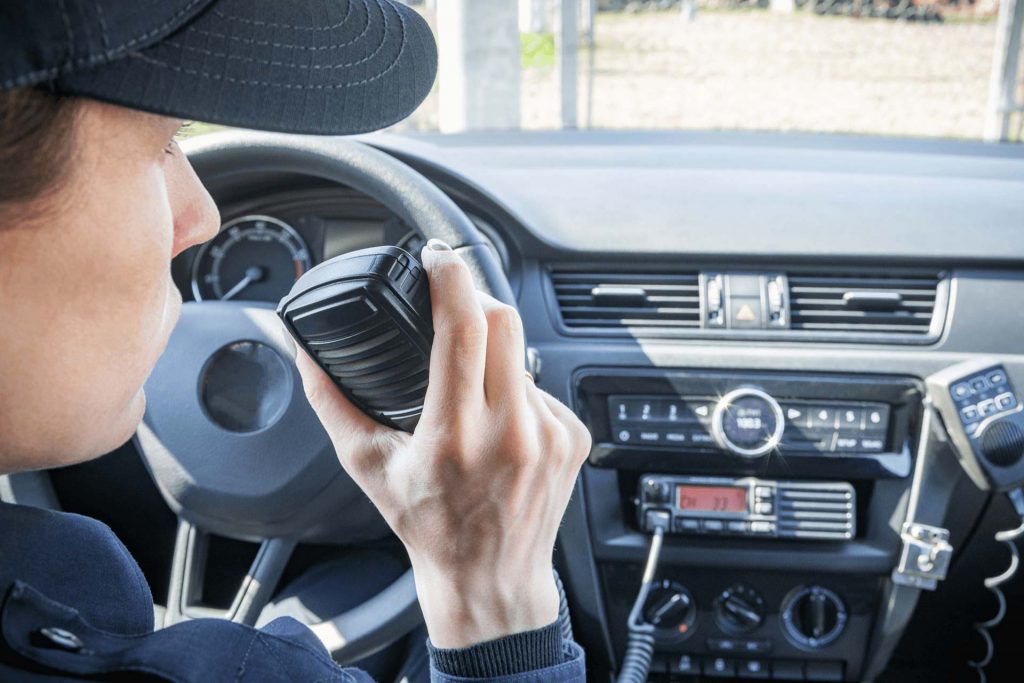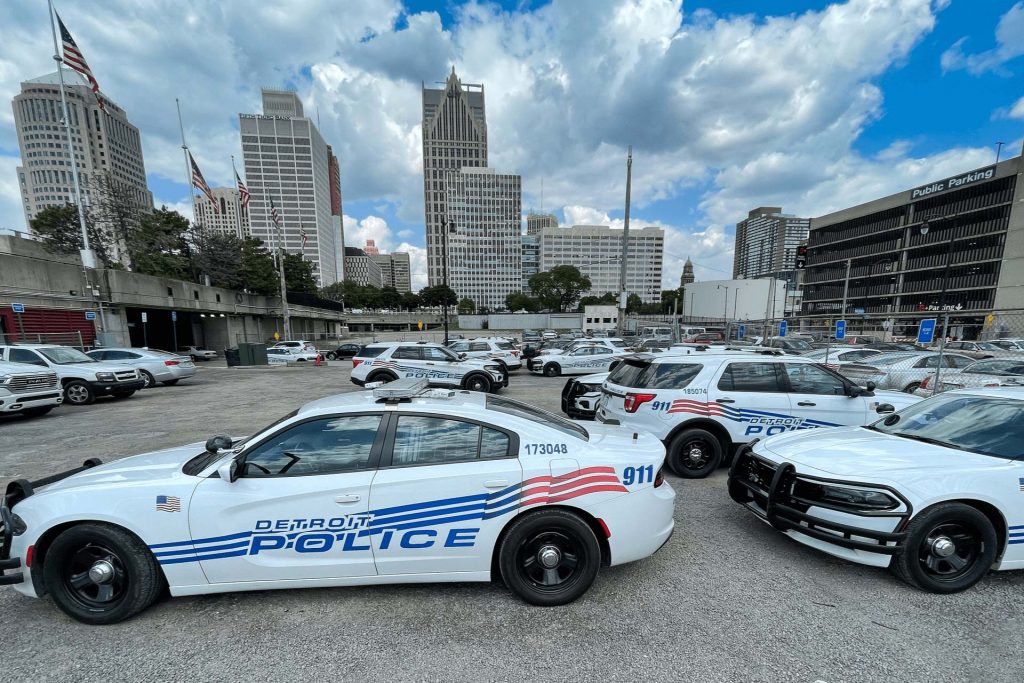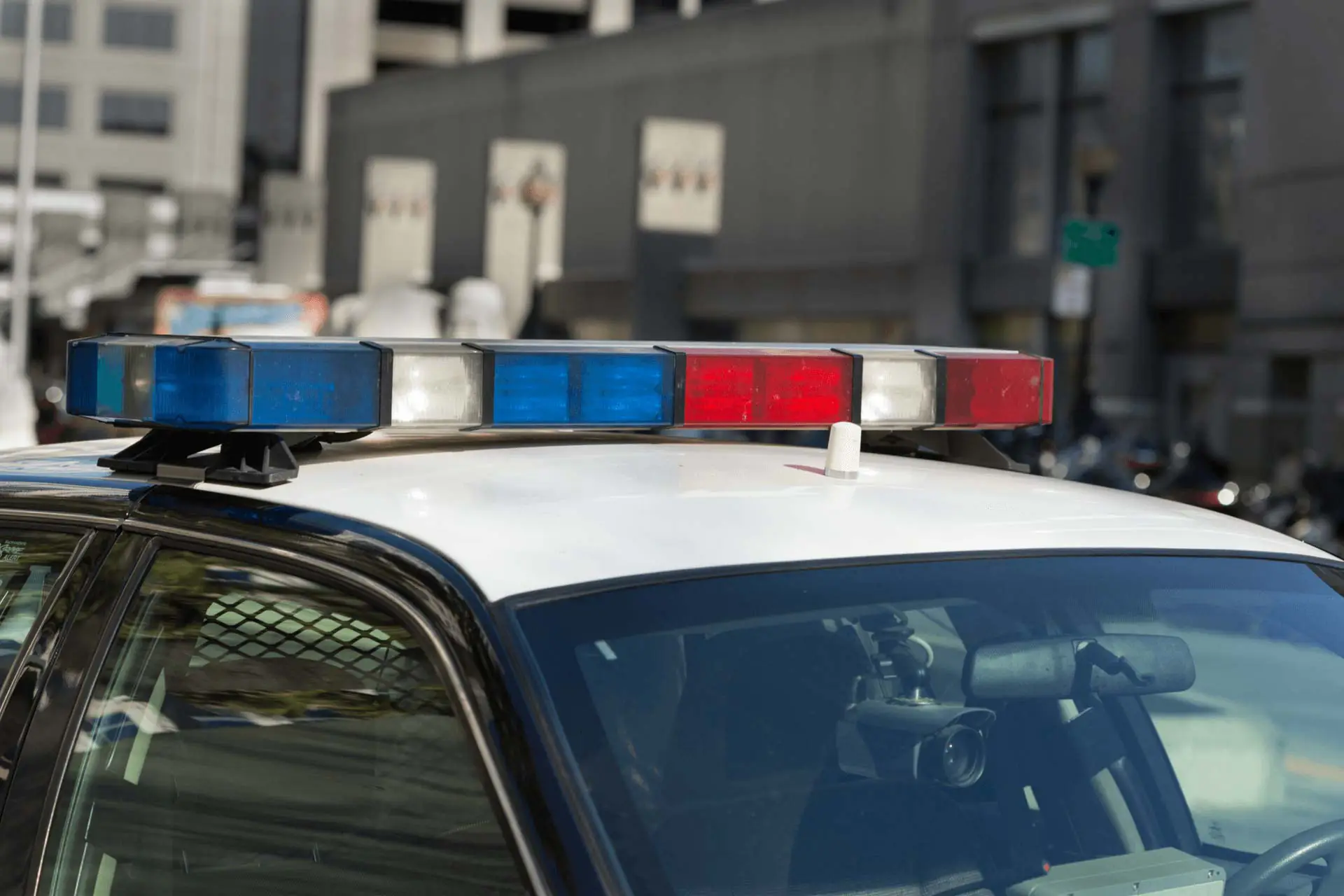As technology progresses, officers must do the same: evolve and adapt to a constantly changing world. In-car video systems, such as Kustom Signals’ Eyewitness HD, give police officers the ability to do just that. But they also provide hidden benefits other than irrefutable evidence for criminal investigations.
When faced with extreme situations, officers can be wrongfully accused of committing offenses that never happened. In-car video systems are impartial and thus can help exonerate officers of false charges. This issue is particularly relevant in today’s society, given the strained relationships between police departments and their communities.
Evolving and adapting doesn’t always mean incorporating the latest gadgets into daily patrols; instead, the primary goal is to find ways to use them better. Another way of growing is developing strategies that bring communities together, and another form of adapting is tackling social issues head-on.
So let’s talk about how in-car video systems help on both ends.
Better tools, better outcomes

Dash cams are only one of the latest applications of ever-evolving technology that already exists. And as such, they have been widely accepted by law enforcement agencies everywhere, and their benefits are undeniable. But one of the best outcomes in-car video systems can offer is not even related to its tech specs.
The use of force by police officers is rare, representing only a tiny percentage of all police interactions. But when situations risk getting out of control, officers must use their training to de-escalate dangerous scenarios.
The International Association of Chiefs of Police has found that, when being angrily confronted, police officers have managed to de-escalate the situation by informing the citizen that the interaction is being recorded. And, of course, when incidents happen, dash-cams provide the evidence needed to defend the officers.
Improving police-community relationships

The last couple of years have tested the relationship between police departments and the communities they protect. But officers have vowed to protect and serve, no matter how difficult that may prove.
In-car video systems can help rebuild trust between the police and communities since citizens will be relieved to know impartial evidence is collected. It may seem like a small step, but it may mean individuals can feel less stressed when interacting with officers. In the long run, this can rekindle their trust.
Citizens believe that, when being recorded, officers are less likely to hide something or use force. For instance, Detroit police are aware of this; they intend to roll out a plan that includes body-worn cameras and in-car video systems: they’re actively trying to provide transparency for the community to help them feel at ease.
As you can see, adapting and evolving is all about rethinking approaches and looking at all the hidden benefits highly advanced gear can provide. In-car video systems offer unique advantages for facing everyday challenges, and it is in everyone’s interest that officers can perform their duties in keeping communities safe.

